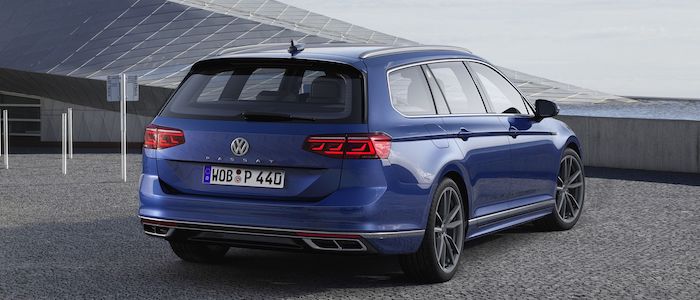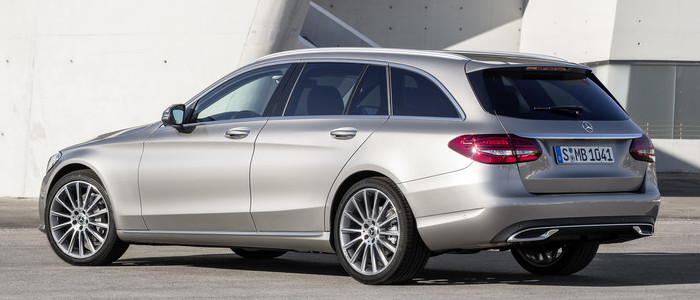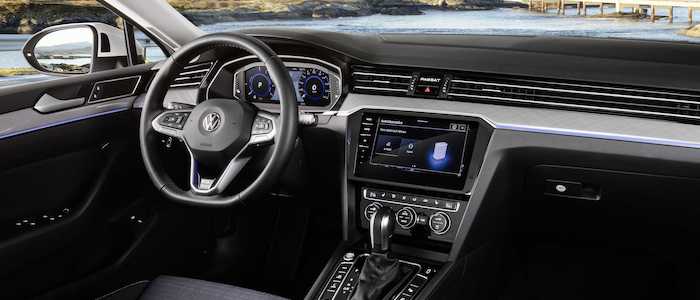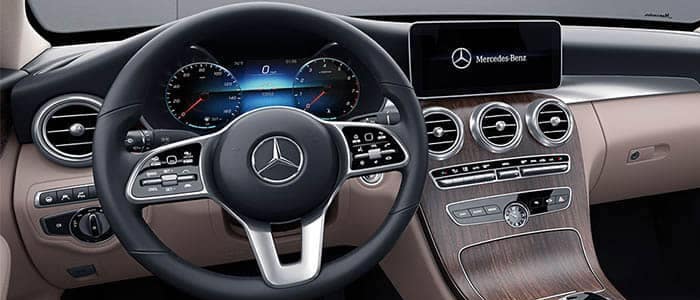Compare two cars
Compare any two cars and get our Virtual Adviser™ opinion
Marketing
Dimensons & Outlines
Engine
Performance (manual gearbox)
Performance (automatic gearbox)
Expenses
Virtual Adviser's™ opinion
Two significantly similar cars, no doubt about that. Still, each one has something different to offer. Having both cars powered by petrol engines and utilizing the 5-door wagon body style within the same 'Large family car' segment, the only major difference here really is their wheel drive configuration (4 x 4 for the Volkswagen and rear in the case of the Mercedes Benz). The first one has a Volkswagen-engineered powertrain under the hood, a 4-cylinder, 16-valves 272hp unit, while the other one gets its power and torque from a 4-cylinder, 16-valves 258hp engine designed by Mercedes Benz.
SafetyThe first thing to look into here would be the results from European New Car Assessment Programme (Euro NCAP) tests performed on the two cars. Good thing is that both vehicles got tested, with the same number of safety stars gained in the process. Moving further on, let's take a closer look at some additional safety-related facts. Both vehicles belong to the large family car segment, which is generally a good thing safety-wise, but it doesn't do much to help us decide between the two. Furthermore, when it comes to weight, a factor that most people underestimate, Passat offers a marginal difference of 5% more metal.
ReliabilityI don't like generalizing things when it comes to reliability, although it does seem that Volkswagen does have a slight advantage, all the models observed together. That's the official data, while our visitors describe reliability of Volkswagen with an average rating of 4.2, and models under the Mercedes Benz badge with 4.4 out of 5. Some independent research have also placed Passat as average reliability-wise, and C is more or less at the same level.We should definitely mention that owners of cars with the same powertrain as Passat rank it on average as 4.0, while the one under the competitor's bonnet gets 3.0 out of 5.
Performance & Fuel economyVolkswagen is a bit more agile, reaching 100km/h in 0.2 seconds less than its competitor. Still, it lacks the power to win the top speed competition, topping at 250 kilometers per hour, exactly the same as the other car does. When it comes to fuel economy things look pretty much the same for both cars, averaging around 6.9 liters of fuel per 100 kilometers (41 mpg), in combined cycle.
Verdict
Volkswagen appears just a bit more reliable, although the difference is truly marginal. The most important thing when deciding between any two vehicles should always be safety, both passive and active. In my opinion, everything taken into account, Passat offers slightly better overall protection and takes the lead. It all continues in the same direction, with Volkswagen offering somewhat better performance, just enough to call it quicker. It does come at a cost though, and that's the fuel consumption... It's really tough to make a final decision here, but if I'd need to, I'd say Volkswagen. Nevertheless, let's not forget that people have different preferences and needs, so what really counts is your personal feel. I'm only here to help. Also, you could use the oportunity to find out which car, everything taken into account, would be the perfect choice for you in the eyes of the virtual adviser™, out of 12.000+ vehicles we currently have in our database.

































